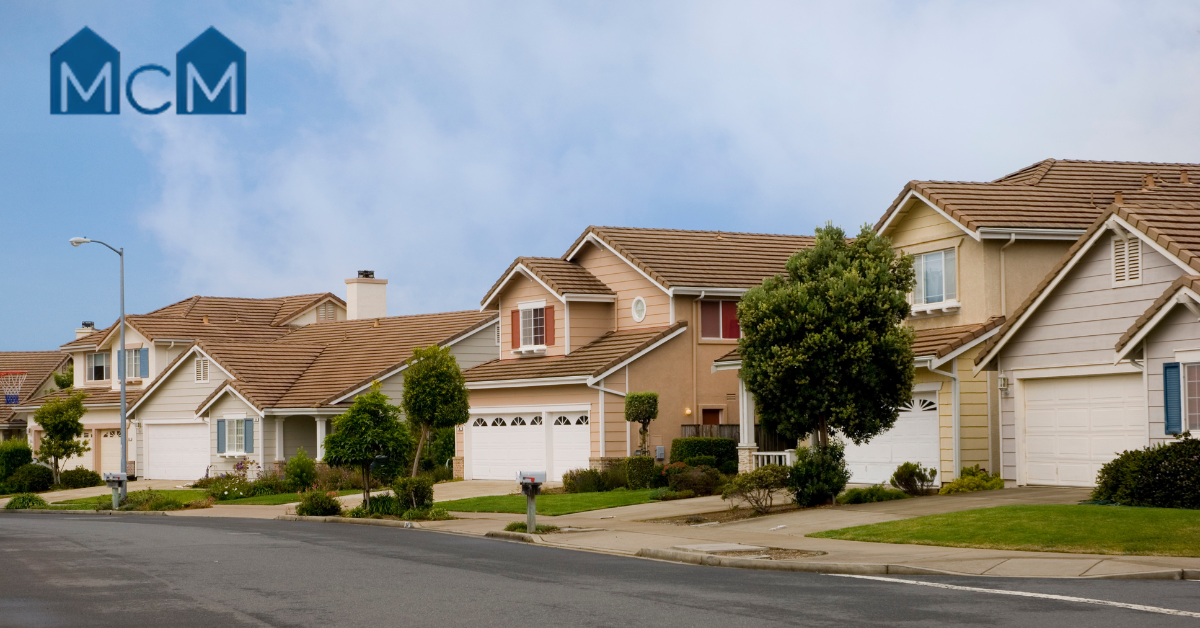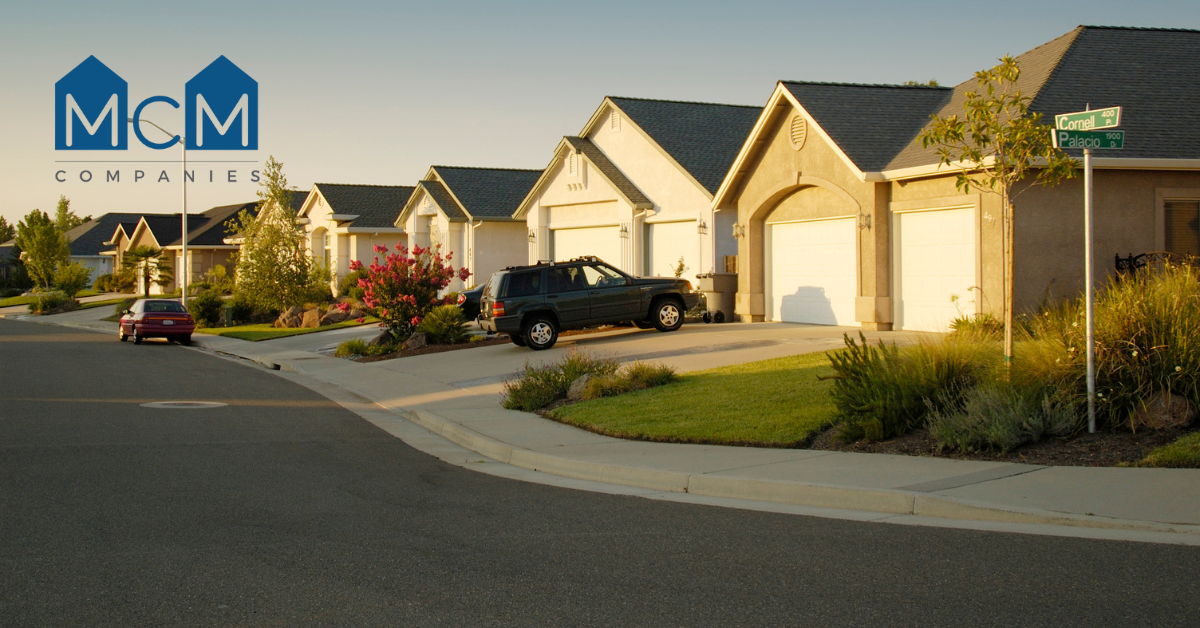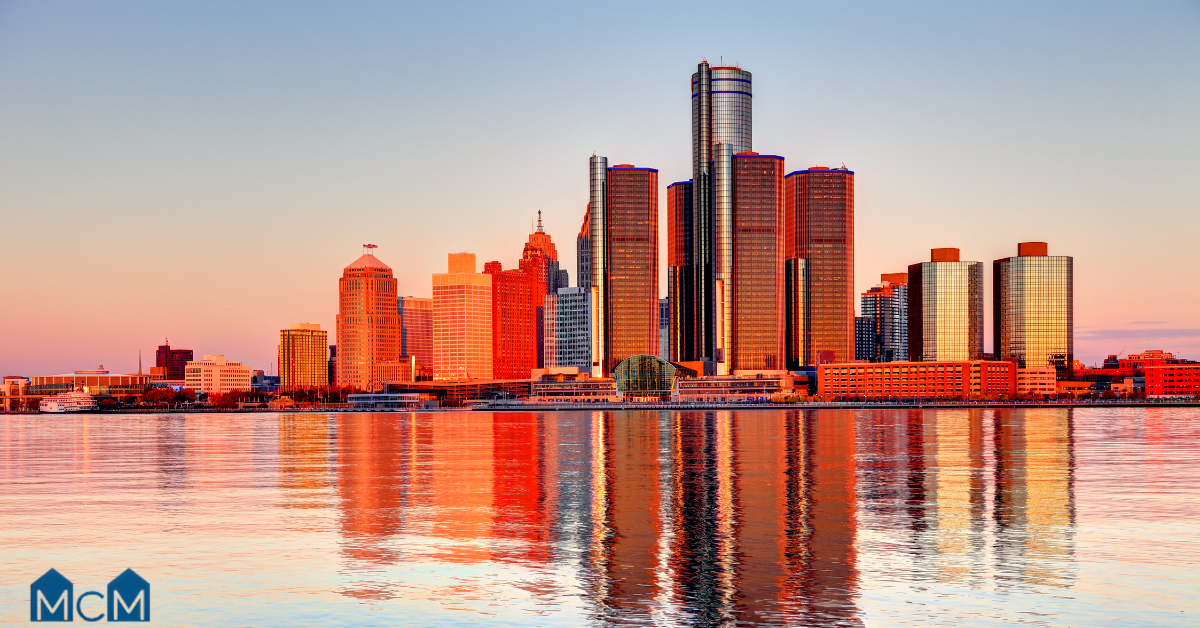What to Look for in Affordable Prefab Homes: Your Guide to a Dream Home on a Budget


Are soaring home prices making you feel like homeownership is a distant dream? You're not alone. But here's a secret weapon in today's housing market: affordable prefab homes. These system-built houses are created in a factory setting and offer a unique blend of cost-effectiveness, efficiency, and modern design. Today's affordable prefab homes are stylish, functional, and built to last — all at a fraction of the cost of traditional site-built homes.
Today, we’ll break down the key differences between mobile homes, manufactured homes, and modular homes so that you can find the perfect fit for your needs and budget.
Types of Affordable Prefab Homes
Imagine a house built in a controlled environment, free from weather delays and surprise material shortages. These factory-controlled environments minimize weather delays and ensure consistent quality throughout the construction process. Prefabrication also leads to faster assembly times, allowing you to move into your new home sooner.
In addition to immediate savings and speed, prefabricated homes often also prioritize efficiency and sustainability, making them a great choice for long-term affordability. And you’re not just confined to one choice. Here are some of the most common options you might come across in your search for an affordable prefab home.
Mobile Homes
Perhaps the simplest and most affordable prefab homes on our list are mobile homes constructed to HUD standards for transportability, with a permanently attached chassis. They are often placed on leased land, such as in dedicated mobile home parks.
Pros:
Mobile homes are a budget-friendly choice for those seeking a streamlined lifestyle. Their affordability makes them an attractive option for first-time buyers or those on a tight budget. The inherent mobility of mobile homes offers an additional perk, allowing you to relocate if needed. They also provide a compact living space, perfect for minimalists or those looking to downsize.
Cons:
Mobile homes tend to depreciate in value faster than other prefab options due to their transportable nature. For instance, placing them on leased rather than owned land can impact financing options and long-term value. As for design, they generally offer fewer size and design variations and may present less living space compared to manufactured or modular homes. Finally, mobile homes are typically not eligible to become “real property,” which may or may not matter to you, depending on your priorities.
Manufactured Homes
Manufactured homes are built entirely in factories under controlled environments, ensuring consistent quality. Unlike mobile homes, however, they are generally classified as permanent structures placed on foundations. This means that they are also often financed similarly to traditional houses, making them a viable path to homeownership.
Pros:
Manufactured homes offer a compelling combination of affordability and quality. Compared to traditional builds, they deliver significant cost savings, making homeownership a more attainable dream for many. Strict adherence to the HUD code ensures the home is built to high safety and durability standards, providing peace of mind for years to come. What's more, manufactured homes often come in a variety of styles, floor plans, and features, allowing you to personalize your space and create a home that reflects your taste.
Cons:
There are a few things to consider before choosing a manufactured home. While they are initially affordable, manufactured homes may depreciate in value over time. This can be mitigated with proper maintenance and upgrades. Additionally, some areas may have zoning restrictions that limit where you can place a manufactured home. Finally, securing financing for a manufactured home can be slightly more challenging due to how some lenders view them as a higher-risk investment.
Modular Homes
Unlike the previous two options, modular homes are not fully assembled in the factory. Instead, they are constructed in sections made up of prefabricated modules, which are transported to the building site for assembly and installation on a permanent foundation. Because of this, they can encompass a wide range of sizes and complexities, from basic one-story dwellings to expansive multi-story homes.
Pros:
In addition to all the speed and cost benefits of prefabrication, modular homes are the most versatile option on our list today. Compared to other affordable prefab options, modular homes offer the widest range of customization possibilities. This range can be a significant advantage if you have a specific vision for your dream home.
Cons:
While modular homes are considered extremely customizable in the realm of prefab homes, they typically offer less flexibility compared to traditional site-built homes. Additionally, not all areas allow modular homes, and some may have specific zoning regulations that limit placement options. Finally, securing financing for a modular home can be slightly more challenging due to how some lenders view them compared to traditional builds.
Choosing the Right Home for Your Needs
Before diving headfirst into your prefab home purchase, there are a few things to consider. First, keep financing in mind. Financing options for manufactured homes are readily available, but exploring different lenders to find the best rates and terms will help you make the right choice for your situation.
Next, identify what size and style of home you’re looking for. The key to finding the perfect affordable prefab home lies in understanding your needs and budget. Start by making a list of your must-have features. How many bedrooms and bathrooms do you need? What's your ideal square footage? Consider your lifestyle and long-term plans. Do you have a growing family? Are you looking for a home with resale value?
All that said, finding a reputable dealer is just as important as choosing the right home. Look for dealers with a proven track record of happy customers. Don't hesitate to ask questions about available financing options, warranties offered by the dealer, and the overall buying process. A trustworthy dealer will guide you through every step and ensure a smooth and stress-free experience.
Finally, you'll need to decide where to place your manufactured home. Some options include private property zoned to allow manufactured homes or established manufactured home communities that offer amenities and a sense of community.
Key Considerations When Evaluating Affordable Prefab Homes
Now that you've narrowed down your options, it's time to take a closer look at the specifics of each manufactured home. Here are some important factors to keep in mind.
Quality Construction
Look for reputable manufacturers with a commitment to using durable, high-quality materials and proven construction methods. These manufacturers prioritize high-grade materials, like galvanized steel framing for strength and weather resistance, and advanced construction techniques. They often utilize computer-aided design (CAD) and rigorous quality control to ensure every home meets strict HUD code standards.
Warranties and Inspections
Inquire about the warranties offered by the manufacturer. Many reputable manufacturers provide comprehensive warranties that cover your home for a designated period. Additionally, some manufacturers offer third-party inspections to ensure the home meets their high standards of quality.
Features and Amenities
Today's manufactured homes are loaded with features that can rival traditional site-built homes. Consider the features that are most important to you. Do you crave energy efficiency to keep your utility bills low? Are modern appliances a must-have? Perhaps ample storage space is high on your priority list. Many manufacturers offer a variety of features and amenities, and some even allow for a degree of customization.
Long-Term Value
While appreciation rates may vary depending on location and market conditions, manufactured homes in desirable locations can gain value over time. Beyond potential appreciation, consider the long-term benefits of quality construction materials and energy-efficient features. These aspects can translate to significant savings on maintenance and utility bills over the years, making your manufactured home an investment that pays off.
Turning the Dream of Homeownership into Reality
Even in an era when experts predict increasing unaffordability for traditional homes, finding an affordable prefab home doesn't have to be a daunting task. By understanding the different types of prefab homes, focusing on the benefits of manufactured homes, and carefully considering your needs, you can navigate the process with confidence.
If you're contemplating the next chapter of your housing story, MCM Communities has passion, expertise, and a wide range of housing options to guide you to your family’s next home. We specialize in providing top-tier manufactured homes that cater to diverse needs. Our team understands that a house is more than just a place to live — it's a place to create memories, build a life, and feel truly at home.
Still have questions? We’d love to hear from you! Click here to speak to one of our team members today!
.svg)





